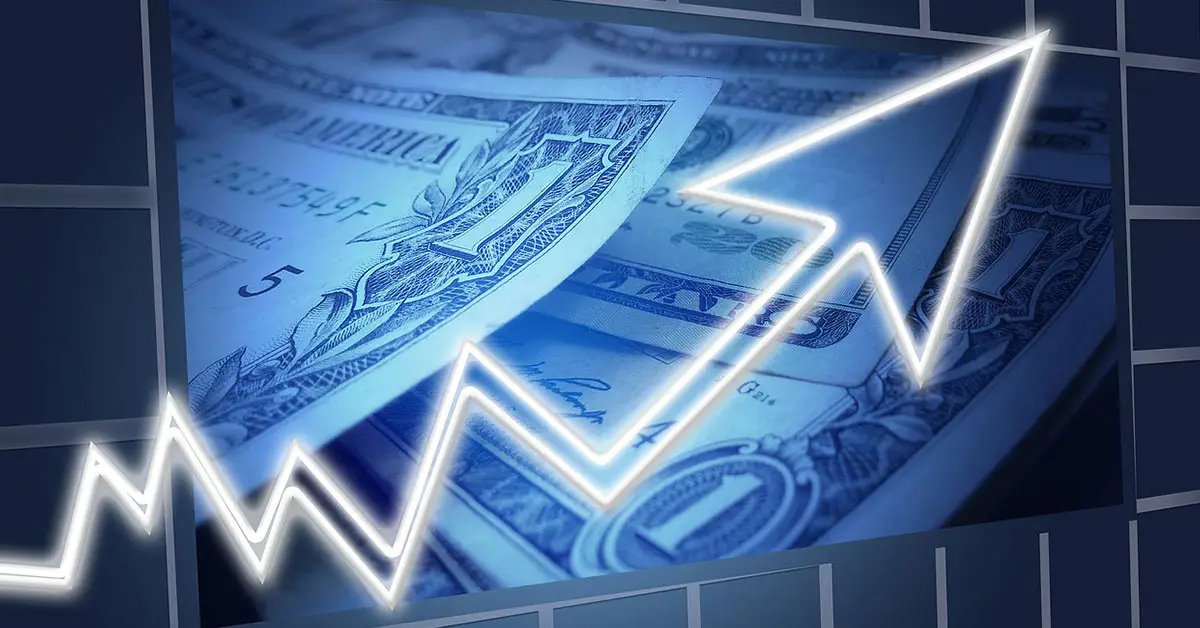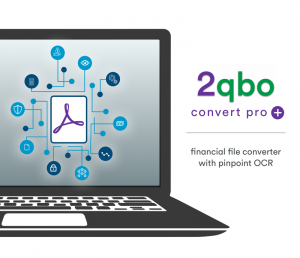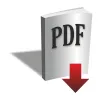Here at the Rules of Thumb blog from MoneyThumb, we often discuss merchant cash advances as they pertain to small businesses, and we love it when a big newspaper like the Pittsburgh Post-Gazette quotes us in reference to that subject as they have in this article. Below is what the newspaper wrote in the article from September 2019, "According to MoneyThumb.com, as of May there were more than 1,000 merchant vendors across the U.S. and merchant cash advances provide $5 billion to $10 billion each year to small businesses."
But what about merchant cash advances during this pandemic? Are they a good idea or not? We figured the best way for both our team at MoneyThumb and our readers to decide on the wisdom of a merchant cash advance at a time like this is to see what financial experts from around the web think. Below are the opinions of those we find most informed:
- Spend Matters thinks merchant cash advances are good for e-commerce vendors as coronavirus idles service economy.
- David Goldin, President, and CEO of AmeriMerchant, in an article at DeBanked, says that merchant cash advance lenders should create shorter term limits for loans and diversify.
- Forbes believes merchant cash advances are one of four ways to minimize the impact of the coronavirus on your small business.
- Biz2Credit thinks a merchant cash advance is a great way to make sure you still have good cash flow as a small business during this time.
- Shield Funding says a merchant cash advance is a good idea for restaurants, retail stores, salons, and other businesses that process a lot of credit card transactions. Although most of these types of service industries have been forced to close, for now, we foresee that changing very soon. The economy can only afford to stay shut down for so long.
As you can see from the information above, five authorities on finances as they pertain to small business are all in agreement that a merchant cash advance is a good solution to temporary financial problems during this pandemic.
However, there are also other avenues of financial assistance that have been created for small businesses that are unique to this pandemic, especially from the government. This article from Forbes does an excellent job of listing programs available to small businesses at this time. They even have a list of resources per state. Below are a few of the financial relief programs being offered from that article:
- Paycheck Protection Loans: The U.S. Small Business Administration (SBA) will guarantee loans with terms of up to 10 years and interest rates of up to 4% to businesses with fewer than 500 employees. Businesses can qualify for loans of up to $10 million, and the loans will be provided by lenders including banks and credit unions. Eligible businesses can get loan deferment for six months to a year, and the loan may be forgiven if the businesses maintain payroll for eight weeks at employees’ normal salary levels.
- Expanded access to U.S. Small Business Administration Economic Injury Disaster Loans: As part of its disaster assistance program, the SBA is providing working capital loans of up to $2 million to small businesses and nonprofits affected by the coronavirus. These loans carry an interest rate of 3.75% for small businesses and 2.75% for nonprofits. Loan repayment terms vary by applicant, up to a maximum of 30 years. The stimulus updated the program so that sole proprietors and businesses with fewer than 500 employees qualify, and applicants don’t need to provide a personal guarantee on loans under $200,000. Payments can also be deferred for up to four years.
- Emergency grant of $10,000 to SBA Economic Injury Disaster Loan applicants: Even if your business is denied a loan, you can still access this grant, which can be used to provide employee sick leave, maintain payroll or meet other needs like paying rent.
The U.S. Small Business Administration (SBA) coronavirus resource page provides a list of relief programs, and it offers guidance to small business owners during this crisis.





















Add comment